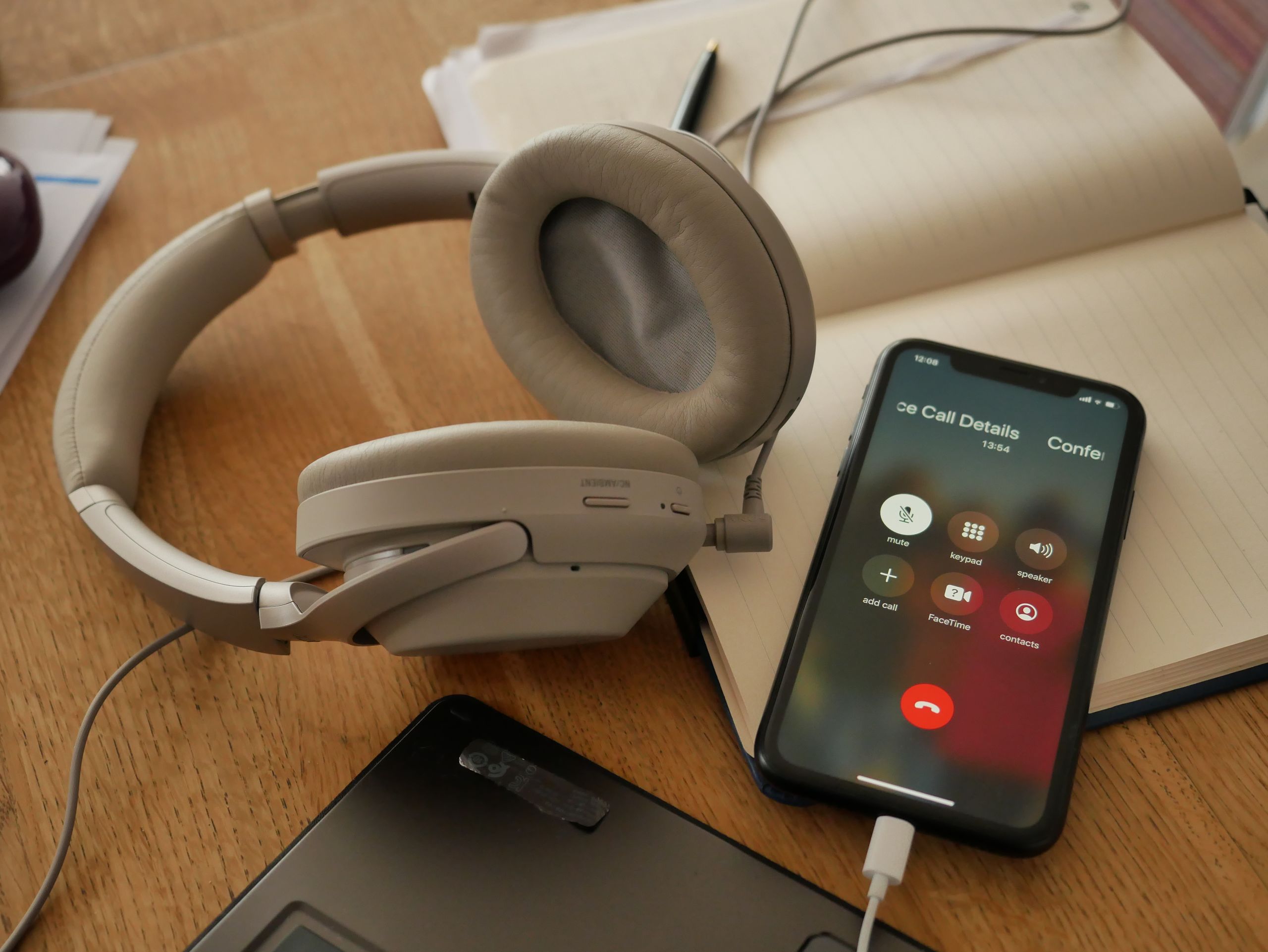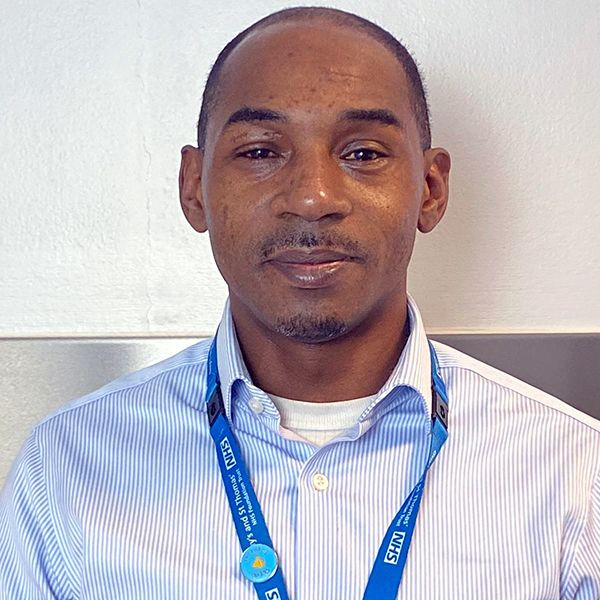Dino's story


Dino Williams
Chair of the Staff Side and Branch Secretary for Unison
“But the beautiful thing was that management recognised communication was not as good as it could be. Now each department has a communication lead, to ensure messages get through.”

“I lead the collective bargaining for the whole of Guy’s and St Thomas’ workforce. There are 14 unions and 170 reps across the Trust.
When lockdown happened in March we had a huge increase in queries. We have never seen such a demand on our services.
Staff were asking whether they could work from home, what equipment they could have, what the rules were for flexible working. There was confusion around who should shield, personal safety, the rules on travel to work. Childcare became a real issue with some parents having to use up their annual leave.
This was new territory, so we had to navigate a way through it. We had to think on our feet. For example, Bank (casual) staff don’t normally get paid if they are off sick. We decided that if they were self-isolating and they had been working regularly for the Trust, the honourable thing would be to continue to pay their average earnings. Our objective was to encourage them to isolate, not discourage them from doing so. Management agreed.
In normal times we meet with management once a month. During COVID-19 we set up daily meetings at 9am to address issues as they came up. I am proud we created that forum. It meant we could deal with issues that mattered to people as they arose, in real time.
Every day we produced an action plan. There was a gentleman’s agreement this was for the short term because of the exceptional circumstances. For example, we agreed staff wouldn’t need to submit a flexible working application. We could let people go home and work flexibly without applying.
We have been trying to improve home working for years but we never had the funds to do it. We were told it was too expensive, then came the government’s COVID-19 fund, and the Trust has invested in laptops, phones and IT. It was agreed staff needed their own equipment.
In the midst of all this there was George Floyd’s death and the Black Lives Matter movement. It was good to focus on BLM but it felt like it was a short, kneejerk reaction when it should have been a long journey. As a black man, I supported the conversation, but I felt it was too narrow. I am vice chair of the Trust’s disability network and disabled people are 11 times more at risk from COVID-19.
“As someone who is visible, I needed to be even more visible at a time like that. It was intense. The difference you could make to one individual at a time was incredibly satisfying.”
The pandemic has been both disabling and enabling in my experience. It was harder for managers when staff were at home. The biggest problem was communication. We have a forgotten cohort of staff who were simply not contacted.
Where there were already communication difficulties, things got worse. We had to develop home working guidance and wellbeing guidance.
One example was that staff and managers didn’t check the intranet as often as we hoped. We had to print out information and give it to staff, or put up posters.
When the councils announced parking restrictions were eased for hospital staff, it took a while for the information to cascade down. As union reps, we ended up printing vouchers ourselves to give to staff.
But the beautiful thing was that management recognised communication was not as good as it could be. Now each department has a communication lead, to ensure messages get through. So if staff ask about risk assessment or shielding, their local managers should be able to answer immediately rather than saying they would have to get back to them.
One of the best things was that we paused all grievances. We had an amnesty on industrial relations issues. It was a national proposal that we should not be disrupting things when we needed all the help we could get with COVID-19. That was great. It meant managers talked to staff and tried to find different ways to resolve things.
It felt so good not having those hearings go ahead. It felt there was more niceness to the culture.
Overall, it was exhausting – and life changing. I moved out of my home because my daughter was shielding. I needed to practise what I preached. I was up at 6am letting people know we were there. As someone who is visible, I needed to be even more visible at a time like that.
It was intense. The difference you could make to one individual at a time was incredibly satisfying.”
Read more stories

